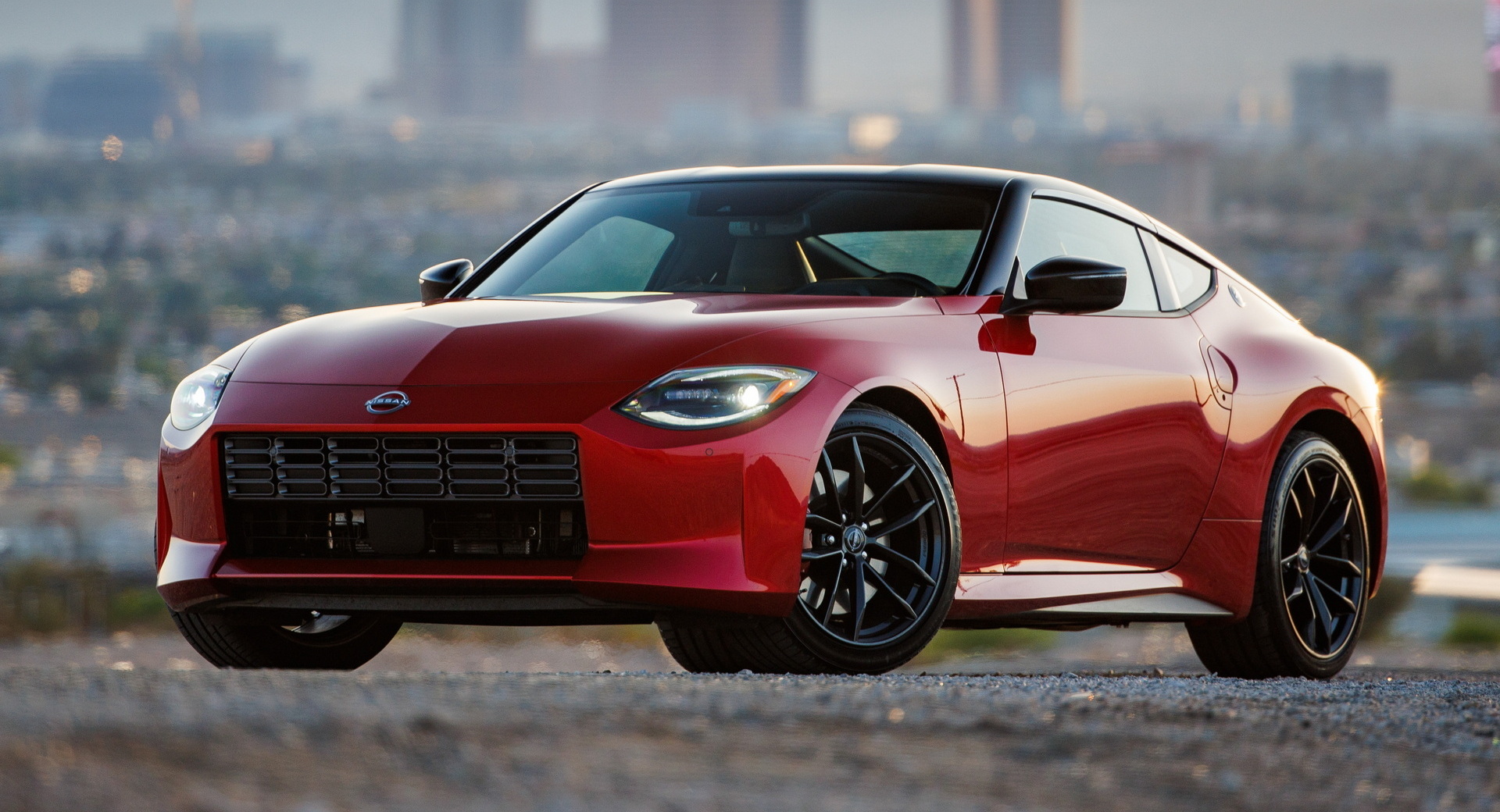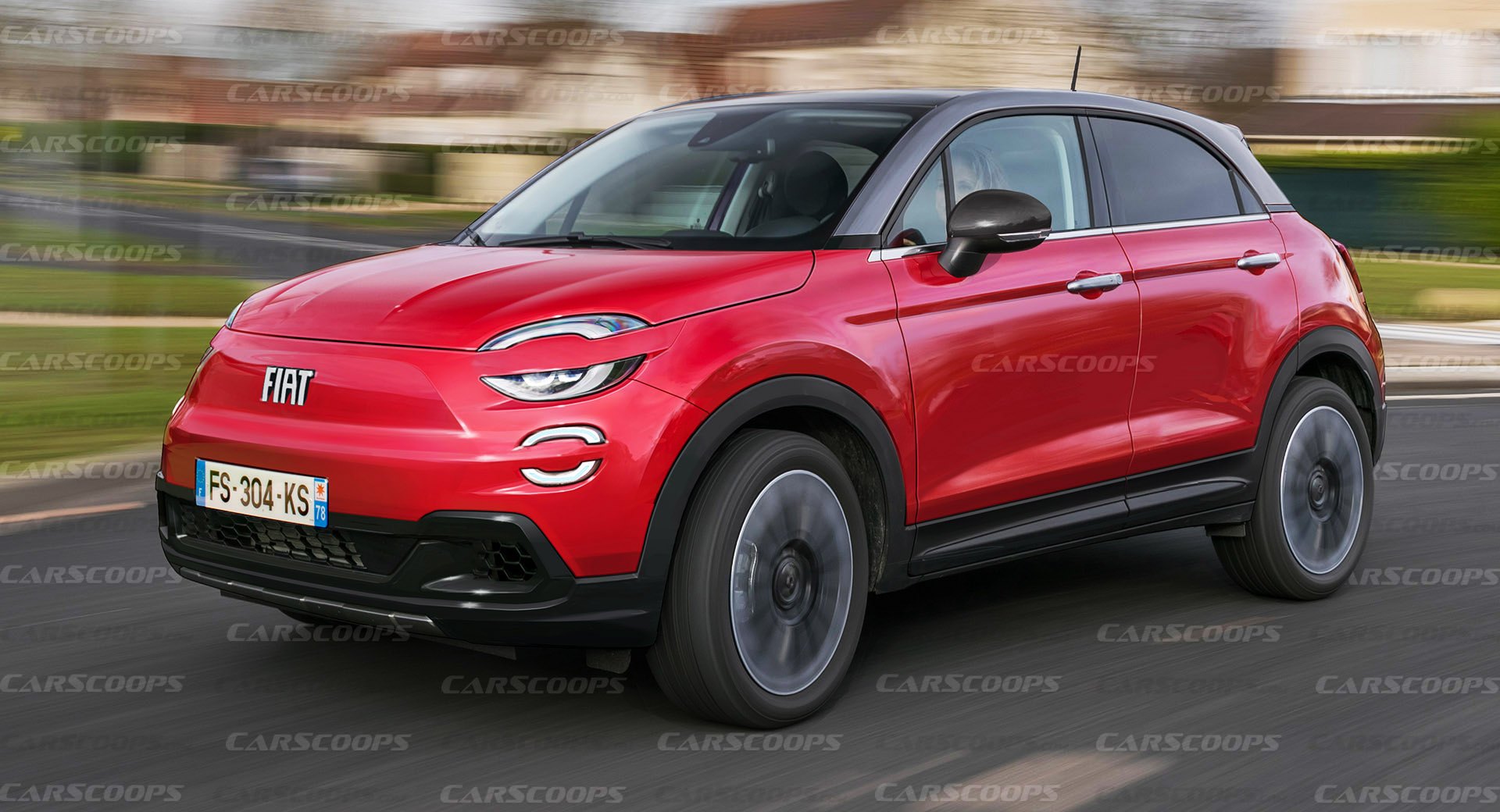Good morning and welcome to our daily digest of automotive news from around the globe, starting with…
Heavier EVs Mean Heavier Car Carriers, So The Trucking Industry Is Fighting For Higher Weight Limits
The physical weight of EVs is becoming increasingly challenging to manage, so says haulers across the United States. That’s because, thanks to the heavier batteries, EVs already outweigh conventional combustion cars in most instances, meaning car haulers are pushing the weight limits set by the government. Individual tractor-trailers are currently restricted to an 80,000 lbs (36,287 kg) gross weight, a limit that was set in 1975. If that doesn’t change, the industry says, it will lead to further supply line disruptions once EVs arrive.
Driven: The Porsche 718 Cayman GT4 RS. This Or A 911 GT3?
Many of us have been waiting for a more potent Cayman, which was seemingly held back from us due to a possible conflict with the 911. However, in late 2021, the company finally unleashed what we managed to get behind the wheel of: a Cayman 718 GT4 RS with the engine from a 911 GT3 plumbed in. But while it may cost a lot less than the new 911 GT3 RS, this 718 costs 40 percent more than the standard GT4. Does that make it a rip-off or a great deal? Read on to find out.
We Talk To Ex-Koenigsegg Head Designer Sasha Selipanov About EVs, Annoying Design Trends And More
When it comes to automotive designers, Sasha Selipanov has already made a name for himself, working on some iconic vehicles. At Lamborghini, he played a role in the design of the Huracan. At Bugatti, he led the exterior design team that created the Chiron and the Vision Gran Turismo. And, at Genesis, he penned the gorgeous Essentia concept. Most recently, he served as the head of design at Koenigsegg, where he inked the Gemera four-seater hypercar before working on the new CC850, and Carscoops managed to sit down and have a chat with him.
What’s With All Of These Crazy Nissan Z Dealer Markups?
At this point, it would appear that we’re talking about dealer markups on a weekly basis — and that’s because it’s an endemic problem that continues to get worse, as recognized by many manufacturers themselves. The latest in-demand model to get an inflated sticker price? The new Nissan Z — and in particular, the Z Proto. One dealer appeared to be tagging on an unbelievable $73,000 markup on top of a $54,915 MSRP, so we contacted them to find out why.
2025 Fiat 500X: Next Gen Keeps Italian Flair And Grows In Size To Compete With Compact SUVs
A second-generation Fiat 500X is on the cards for a 2024 reveal, with the current model doing service since it was introduced in 2014. The new car looks like it’ll grow in size, with the 600 taking over its spot in the lineup. The new 500X will likely use a stretched version of the evolved CMP/eCMP platform shared with the Citroen C4 and C4 X, while our speculative renderings by Jean Francois Hubert/SB-Medien show what Fiat’s new design language will look like on the compact SUV.
2024 Citroen C3: Sub-Compact Transforms Into A Small Crossover Focused On Affordability
The new C3 could be the car to spearhead a new future for the French manufacturer, with it likely receiving design inspiration from the Oli concept while retaining some of the features of the new C3 that is on sale in Latin America and India. Our speculative illustrations showcase a possible design direction, incorporating the brand’s new logo too.
What Else Is Making The News
iPhone 14s Are Calling 911 While On Roller Coasters
Owners of the new iPhone 14 and Apple Watch models have found that their devices have been calling 911 while on Roller Coaster rides, assuming that the user has had a severe traffic accident, reports the Wall Street Journal.
Malware Apps May Have Stolen 1 Million Facebook User Passwords
According to Meta, the parent company of Facebook, some 400 apps have been identified as attempting to steal users’ Facebook passwords, with a possible 1 million accounts affected. The apps were found on both Android and iOS operating systems, says Forbes. Many of the suspect programs masqueraded as various apps that required Facebook login to grant functionality.











